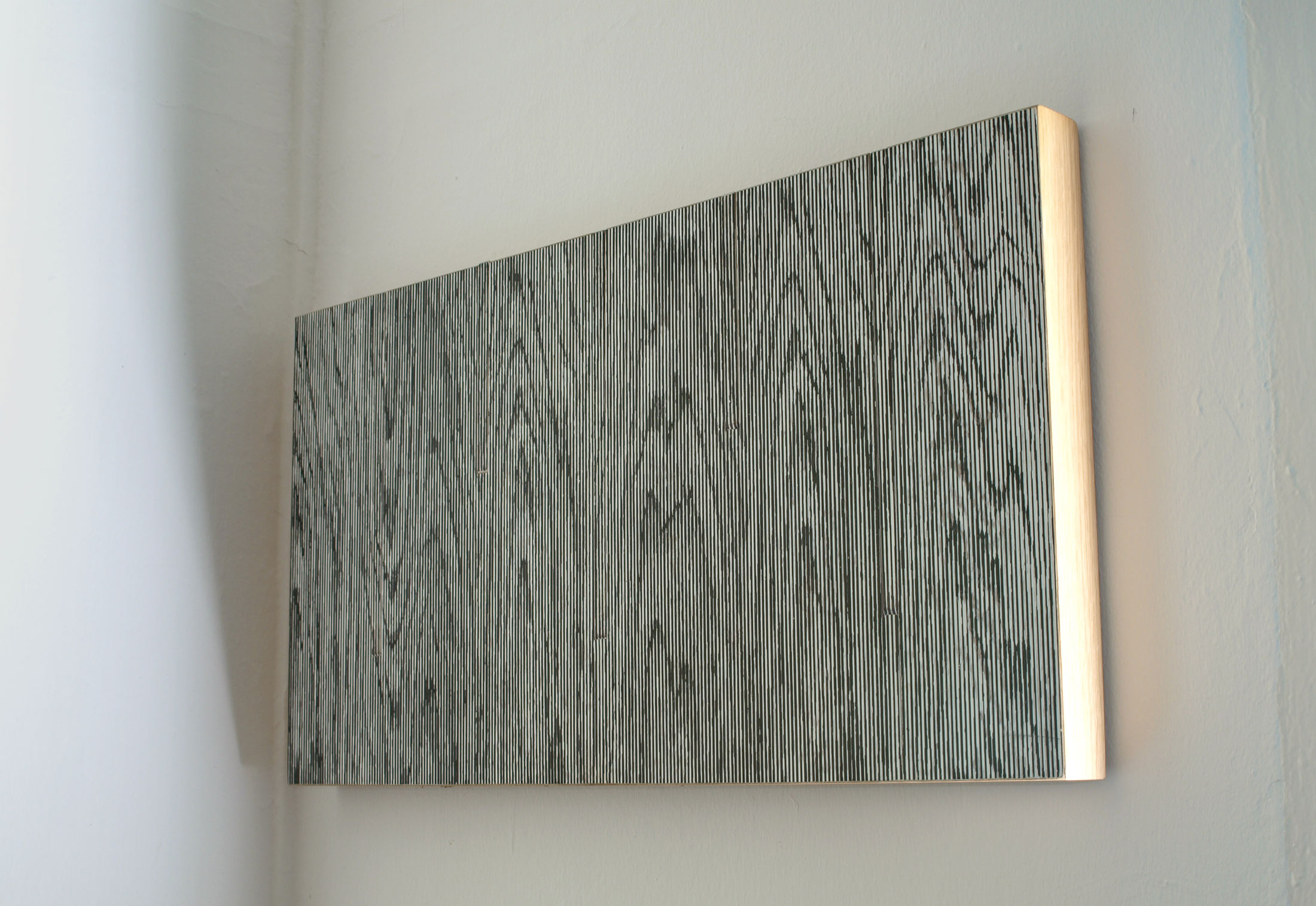

“Wrack” is believed to be a descendant of the Middle Dutch word “wrak,” which meant to “wreck.”Ĭonsequently, “wrack” was used to refer to “shipwreck,” and “wrack” came to mean “to damage or to destroy.” Similar to “rack,” “wrack” can be used as both a noun and a verb. This is also where an expression like “rack one’s nerves” comes from. So, if we follow the thread here, we will find that “to rack one’s brain” means to stretch it and strain to the degree of torture. Unfortunately, it wasn’t long before “rack” came to mean a frame that human beings are stretched on as a form of torture, and it is this definition that gives us the expression “to rack one’s brain.”Īfter all, “rack” came to be associated with mental harm and physical suffering.Īnd, soon after that, the word “rack” acquired a few more definitions, including “to stretch” or “to strain.”


Most people attribute the origins of the word “rack” to the Middle Dutch word “rec,” which meant “framework.”Īnd, it is also believed that “rack” was related to and had the same origins as the Old English word “recken,” which meant to “stretch out.”Īs a result, in Middle English, “rack” was used to denote a frame that was used to dry and stretch things out on, specifically leather. To understand why, we will have to learn the etymology of both “rack” and “wrack” and see how these disparate words have developed over the years.įor starters, the word “rack” has more than one meaning, and it can be used both as a noun and as a verb. Why is “rack your brain” the officially correct form? Conversely, the unofficial answer is that both forms are correct and that you can use whichever version your prefer. The official answer is that the correct phrase is “to rack your brain”. Is it “to rack my brain” or “to wrack my brain”?
RACK MY BRAIN WRACK MY BRAIN PROFESSIONAL
One such case is the pair “rack” and “wrack,” and nowhere is the line between the two more blurred than in the phrases “rack your brain” and “wrack your brain,” both of which have been written by professional writers in the past. However, some homonyms may have similar meanings or may have been used interchangeably over the years, muddying the waters and blurring the line dividing the two. Who hasn’t mistakenly written “you’re” instead of “your” or “their” instead of “there”?īut as confounding as it may be, at least most homonyms follow clear rules, and any proficient language user can tell you which word you should be using in each context.įor example, almost every English speaker is aware that “your” is a possessive pronoun while “you’re” is a contraction of “you are.”Īnd, accordingly, each one of these homonyms has its own place in the English language. I even say "forwent" sometimes, and use "withal" without the "where.Homonyms are confusing creatures. That said, even the dictionary I cite has "wrack" as a variant- but to me that means the word has been modernized, by the same people who will someday write "I foregot to foregive you." I'll continue my curmudgeon ways on that word and a handful of others, the OED notwithstanding. It's a document of historical record, but when it comes to words of pre-Elizabethan origin, it often becomes too compendious to be definitive. The import of all that hot air is that I have a lot of respect for the OED as a compendium, but it is committee-built in the most appalling sense, quality-controlwise. If I had a copy and looked up "wherry" and "morris-dance" I could point to the exact articles we submitted from the "stunt wager" tracts and broadsheets that survive from the day- a quirky little subliterary genre I was personally assigned. We pored through 15th-early 17th century reference works on loan from special collections all over the world, and dropped a little mustardseed's worth of our own into the field. In 1973 I was involved in an Elizabethan-English pronunciation "restoration" project under the auspices of the larger body of scholars who were working on the then-forthcoming edition. Sorry, Panj, that includes the OED, which I've had considerable immersion in. I've had my hardcopy version since 1964 and in spite of the unscholarly-sounding name, I've consistently found it the most useful reference work I've ever dealt with. American Heritage Dictionary lists wrack as a "variant of rack" in two senses, one of which is the torture device.


 0 kommentar(er)
0 kommentar(er)
